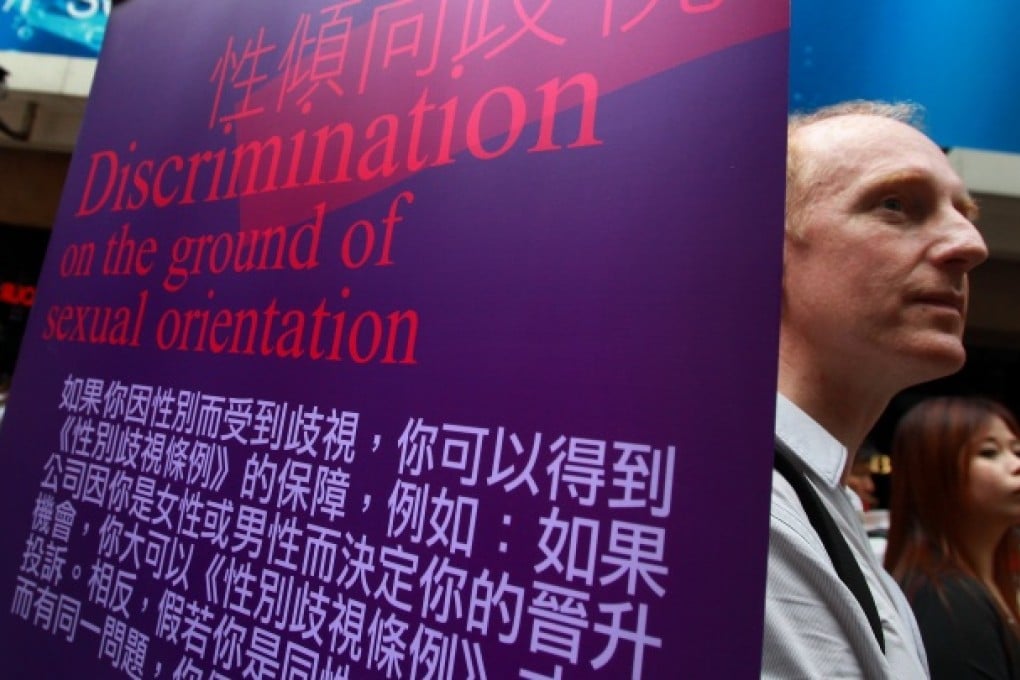Court ruling on transgender marriage raises hopes for other minorities
Cora Chan says that while verdict is welcome, judiciary must show consistency on other issues

Last week, the Court of Final Appeal ruled that it was unconstitutional for the government not to allow Ms "W", who was born biologically male but underwent surgery to become female, to marry her boyfriend. This ruling raises important issues for the courts, government and general public.
The government argued that society ought to decide who is entitled to marry; unelected judges could only allow transsexuals to marry in their desired gender if there was a consensus on this issue, which was not the case. It would be undemocratic for judges to change the meaning of marriage without such a consensus.
If courts defer to social views...the very point of having these rights would be defeated
The court rightly rejected this argument. The purpose of stipulating human rights in our constitution is to ensure that individuals - including those who are in a minority and not represented in normal political processes - are not deprived of these basic entitlements.
Courts are charged with guarding individual rights against majoritarian intrusion precisely because they are unelected and free from the pressure to kowtow to electors' wishes. If courts defer to social views in protecting individual rights, the very point of having these rights would be defeated.
Nonetheless, the court's bold ruling is inconsistent with the judiciary's deferential approach in dealing with the fundamental rights of other minority groups, such as foreign domestic helpers, mainland mothers using obstetric services in Hong Kong hospitals, and new migrants from the mainland. In these cases, the courts have deferred heavily to the views of the legislature.
While I hope the court's approach in the W case is the beginning of a consistently rigorous approach to upholding fundamental rights, there are concerns that the judgment is merely a symptom of "palm tree justice" - courts relying on social views when they do not wish to intervene, but refusing to defer when they want to intervene. In addition, human rights cases often involve controversial moral issues. To effectively guard against the oppression of minority rights, courts should not defer to the will of the majority in determining what rights an individual should have.
But how should judges themselves make this determination? It would be unacceptable to allow judges to impose their own personal values as it would lead to unfairness and inconsistent judgments. Above all, it would be undemocratic - allowing the personal views of unelected judges to dictate our law. To earn legitimacy for their judgments on controversial moral issues, courts should develop and articulate a principled approach to ascertaining a community's fundamental values.